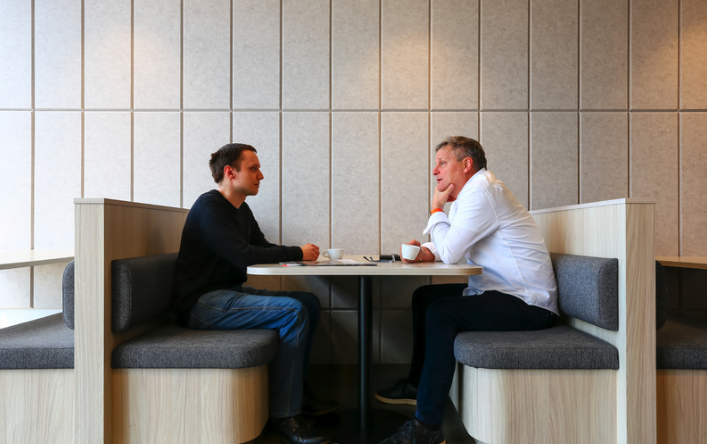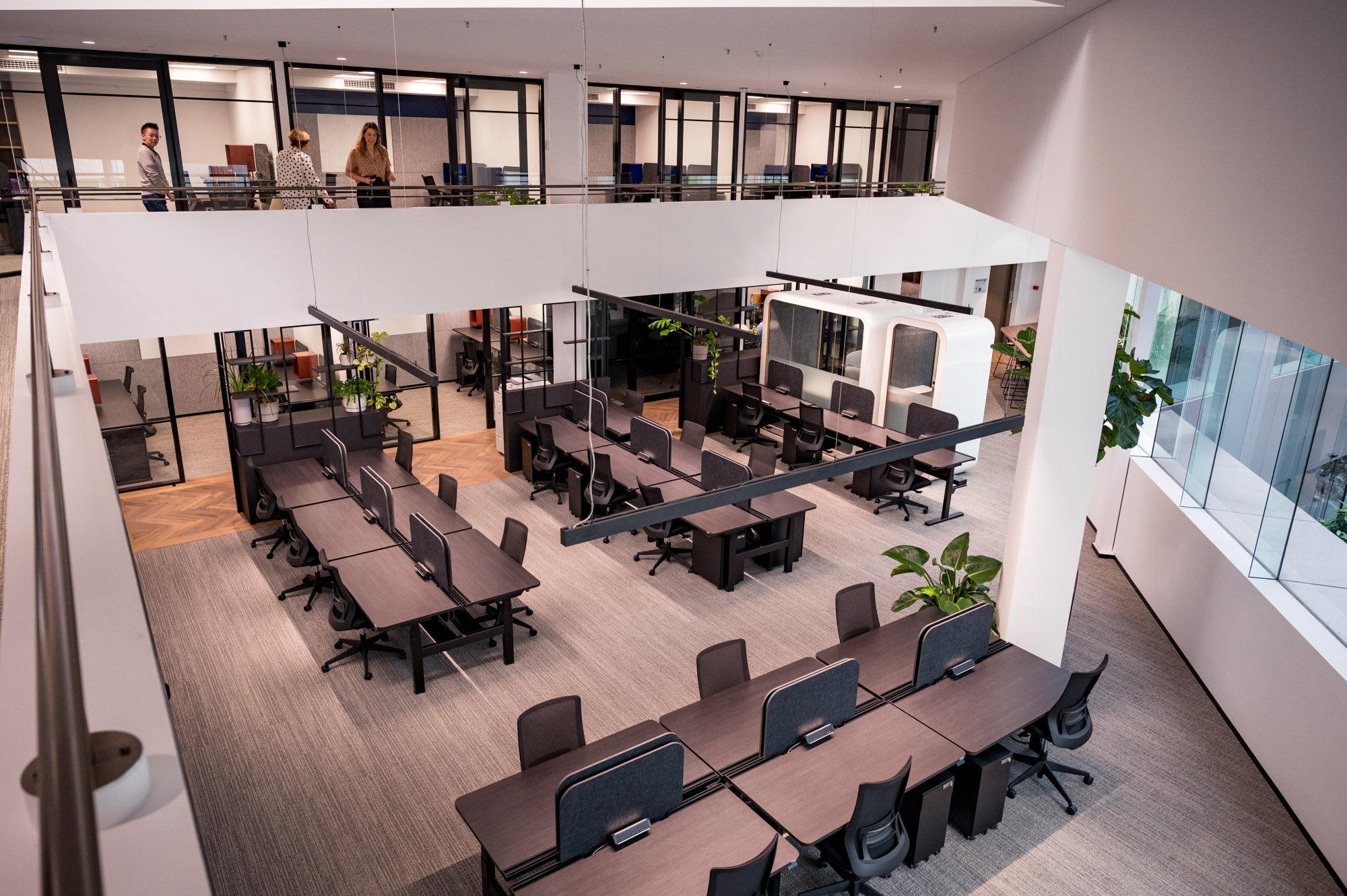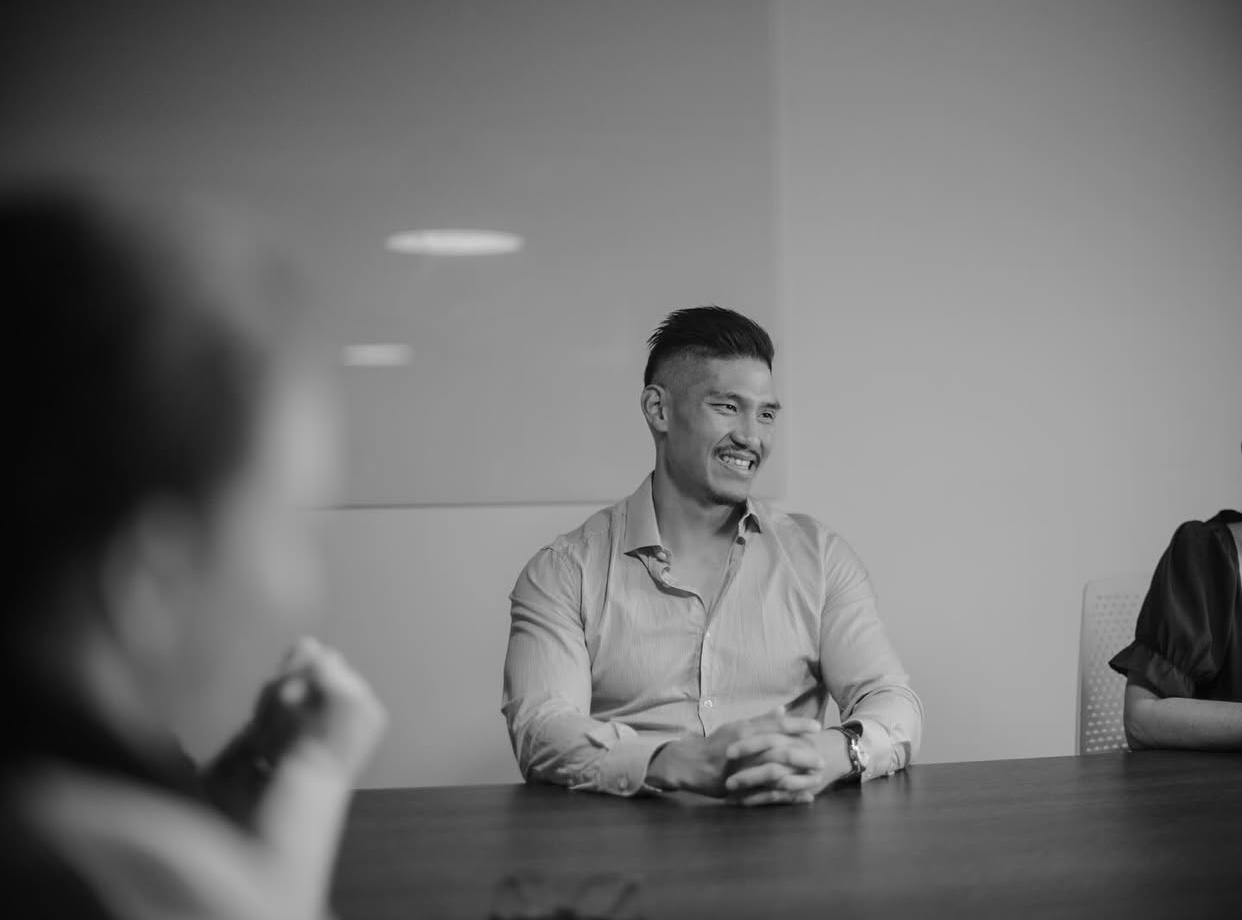I recently read Johann Hari’s article “Your attention didn’t collapse. It was stolen.” It explains how modern life, with social media, screens, and constant notifications, is eroding our ability to focus. Most of us feel it, but the psychology shows it is far worse than we think.
Neuroscientists call it the switch cost effect. Psychologist Arthur T. Jersild first described it in 1927 in his work Mental Set and Shift. He showed that our brains react more slowly when alternating between tasks compared to repeating the same one. Every time you switch tasks, from Teams to email to a quick scroll, your brain has to reconfigure itself, like rebooting a computer. Research shows it takes an average of 23 minutes to fully regain concentration after each switch. With the average worker changing tasks 15 times a day, that is hours of lost productivity gone.
Modern workplaces are plagued by this. Three out of five professionals admit to multitasking regularly, and companies encourage it by expecting employees to be online all the time, jumping into short meetings, covering multiple topics in quick WIPs, and constantly switching between projects. In other words, distraction is not just common, it is expected. And it is not just time. Task switching increases mistakes, reduces how much information we remember, kills our ability to get into flow, and drains the mental energy we need to make good decisions. Psychologist David Meyer has estimated that this can cost us up to 40 percent of our productive time, almost half of the working day.
At collective_100, we design our space for deep focus. Unlike many coworking environments, we minimise unnecessary distractions, letting our members enter a state of flow and truly get work done. It may be just what you need.




.svg)